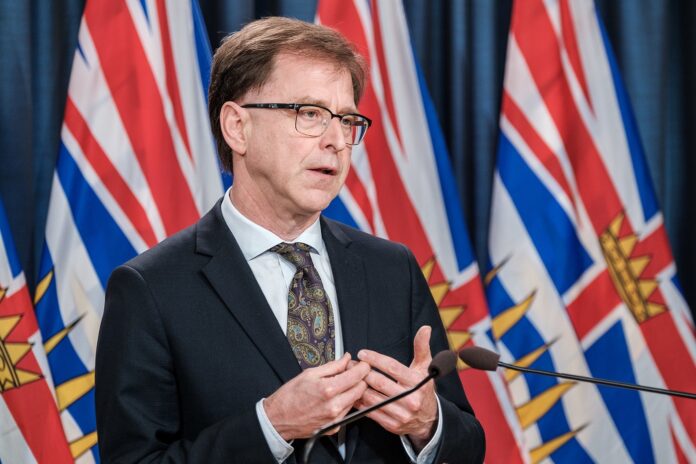APPROXIMATELY 660 new full-time equivalent health professionals will be part of 22 primary care networks coming soon throughout the province.
“As part of our primary care strategy, we’re putting networks of health professionals at the centre of our primary care transformation, making life better for everyone in B.C.,” said Adrian Dix, Minister of Health, on Tuesday. “By adding 22 more primary care networks to the 17 already announced, more people will benefit from a seamless patient-centred experience that meets their unique health needs.”
The government will provide approximately $110 million in annual funding to the primary care networks once they are fully established. The team of health-care providers will include family physicians, nurse practitioners and health-care professionals, ranging from registered nurses, traditional wellness co-ordinators and cultural safety facilitators to allied health-care professionals, social workers and clinical pharmacists.
These new networks will see community partners, local health-care providers and Indigenous partners work together to ensure patients have access to a full range of team-based primary care services, from maternity to end of life, for all of their day-to-day health-care needs. In addition, they have been designed to address primary care priorities of individual communities such as:
* providing better access to chronic disease and chronic pain management;
* improving access to mental-health and substance-use services;
* culturally safe and appropriate care for Indigenous peoples;
* helping to co-ordinate services for vulnerable people with complex health issues; and
* providing comprehensive services for people living in poverty.
For people and families, it means getting faster, better access to their primary care team or provider, including evenings and weekends, as well as being connected to appropriate services and supports in the community, the government said.
The primary care networks will be in Comox, southern Vancouver Island, Cowichan, Oceanside, White Rock/South Surrey, Chilliwack/Fraser rural, Mission, Central Okanagan, Central Interior rural, Kootenay Boundary, East Kootenay and Vancouver.
Over the next three to four years, across all networks, the team of health-care providers will see hundreds of thousands of patient visits annually.
“About 17% of people in British Columbia report not having a primary care provider. This means that these people often have to wait long hours in walk-in clinics or at their local emergency departments to get the care they need. Our primary care strategy and the networks are providing a real solution to people so they can get the care they need, closer to home,” Dix said.
Indigenous partners, including community leaders, have been involved in the development of primary care networks, from planning to governance, and advise on the implementation of primary care. Local Elders will be supported to offer traditional knowledge, cultural support, and leadership to their communities. For Indigenous peoples, this will mean more co-ordinated and culturally safe and appropriate primary care support such as traditional healers and Indigenous navigators.
Over the next years, these new networks are expected to help connect approximately 300,000 people to a local primary care team or provider, while providing team-based and culturally safe care to B.C. residents.
The primary care networks are a result of a partnership between the Ministry of Health, local health authorities, Divisions of Family Practice, municipalities and local Indigenous partners.
British Columbia has 39 primary care networks underway, including 12 in Vancouver Coastal, 14 in Fraser Health, five in Island Health, five in Interior Health and one in Northern Health, with more coming.
Learn More:
To learn more about the Province’s primary health-care strategy, visit: https://news.gov.bc.ca/releases/2018PREM0034-001010
To learn more about the Province’s strategy to increase the number of nurse practitioners, visit: https://news.gov.bc.ca/releases/2018HLTH0034-000995
To learn more about the Province’s strategy to recruit and retain more family medicine graduates, visit: https://news.gov.bc.ca/releases/2018HLTH0052-001043














